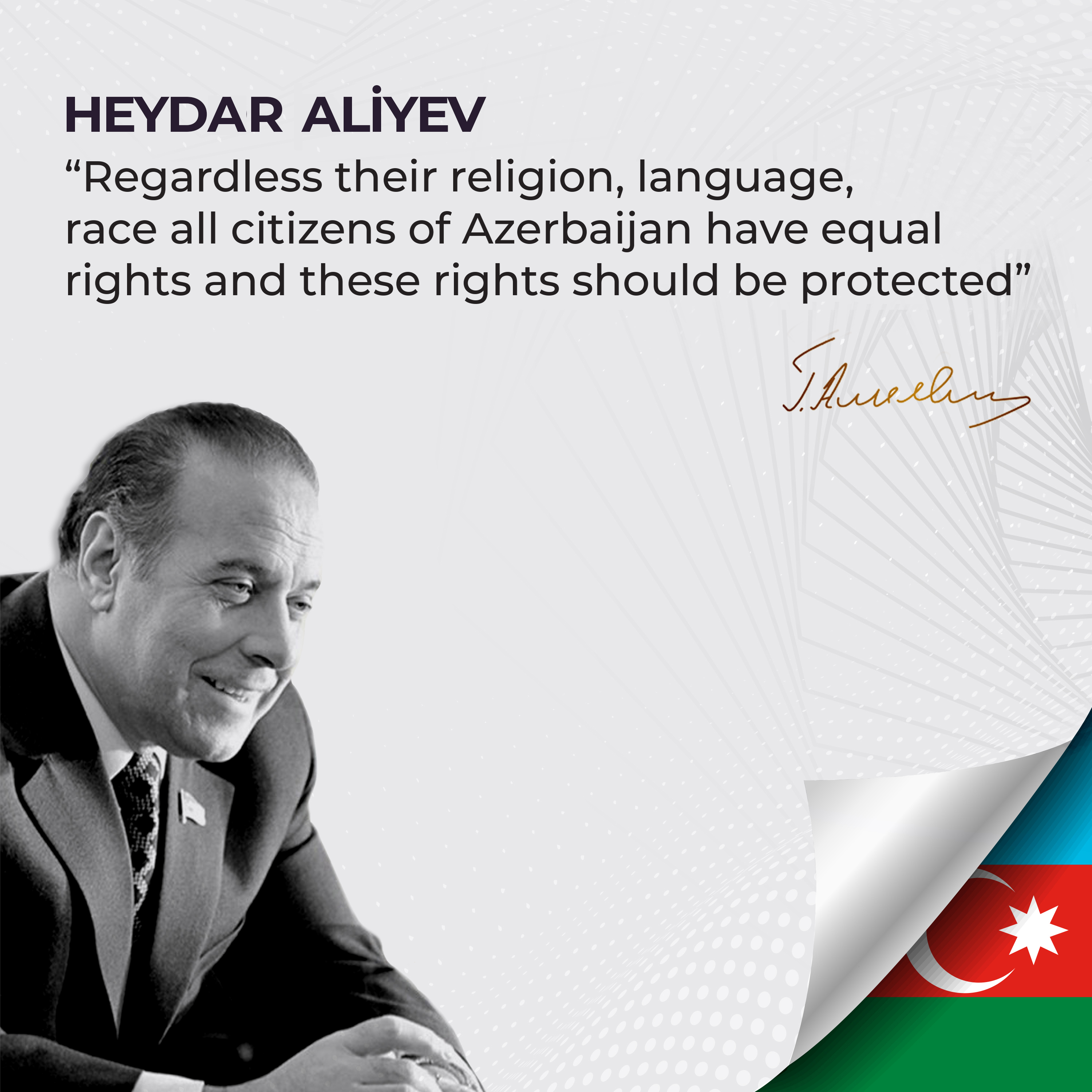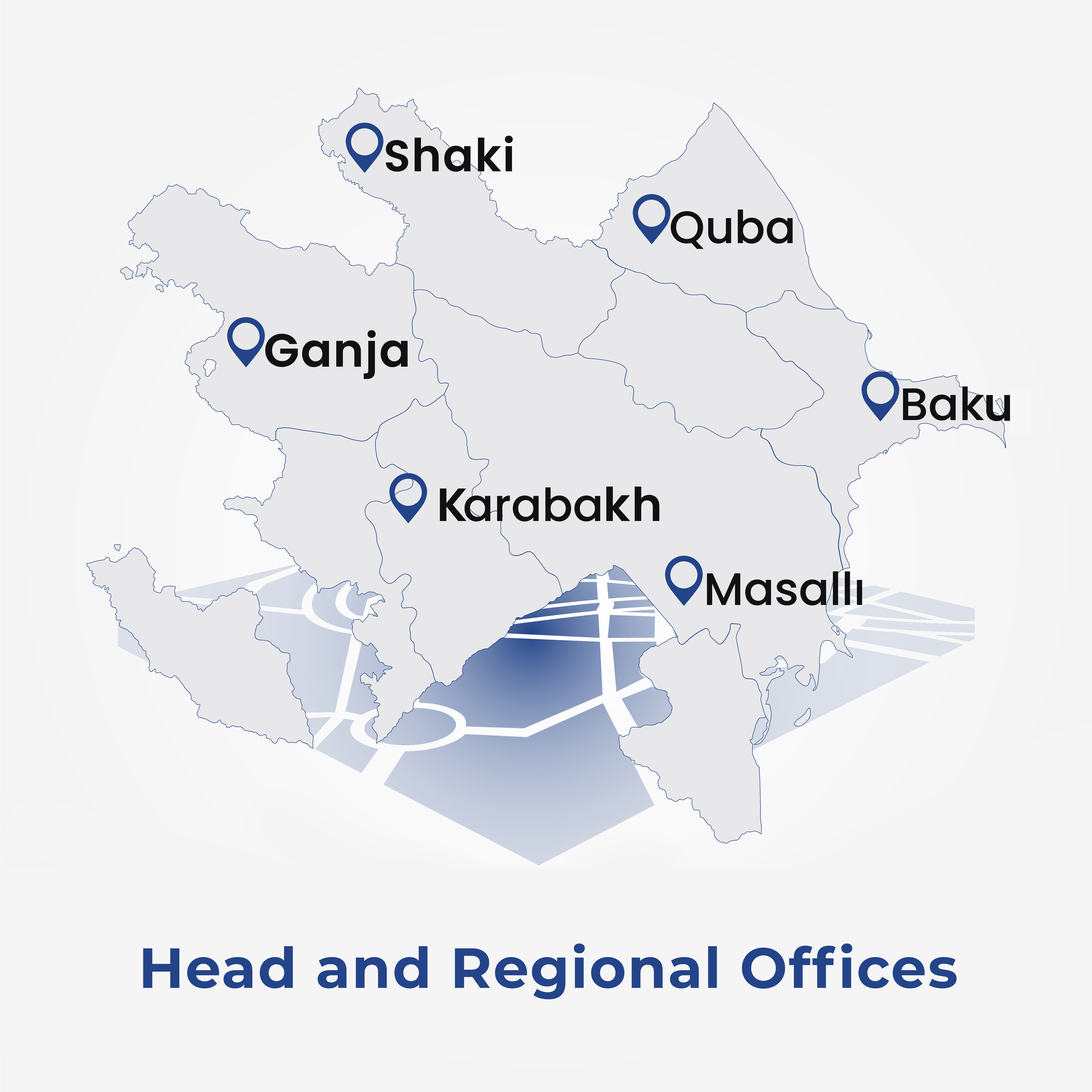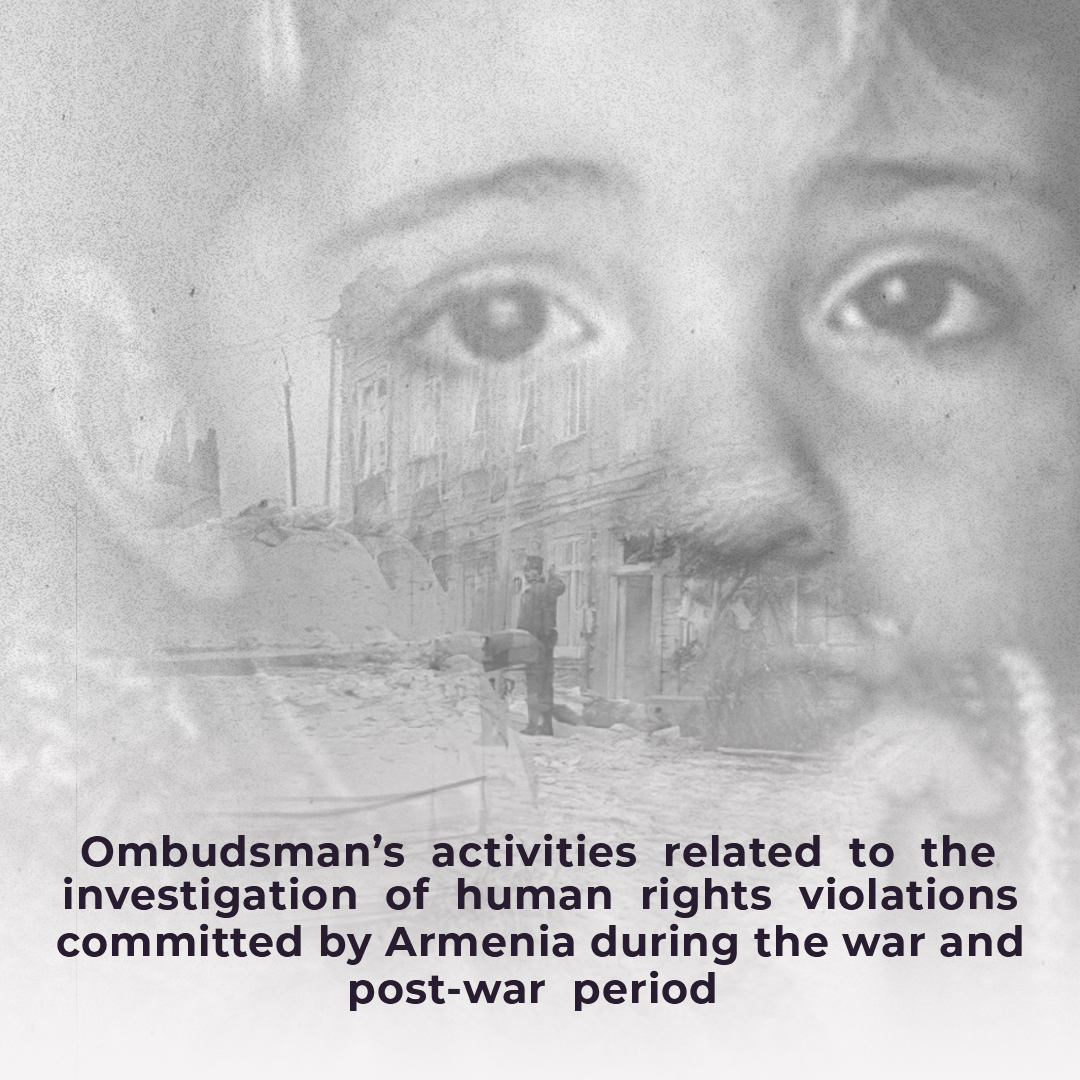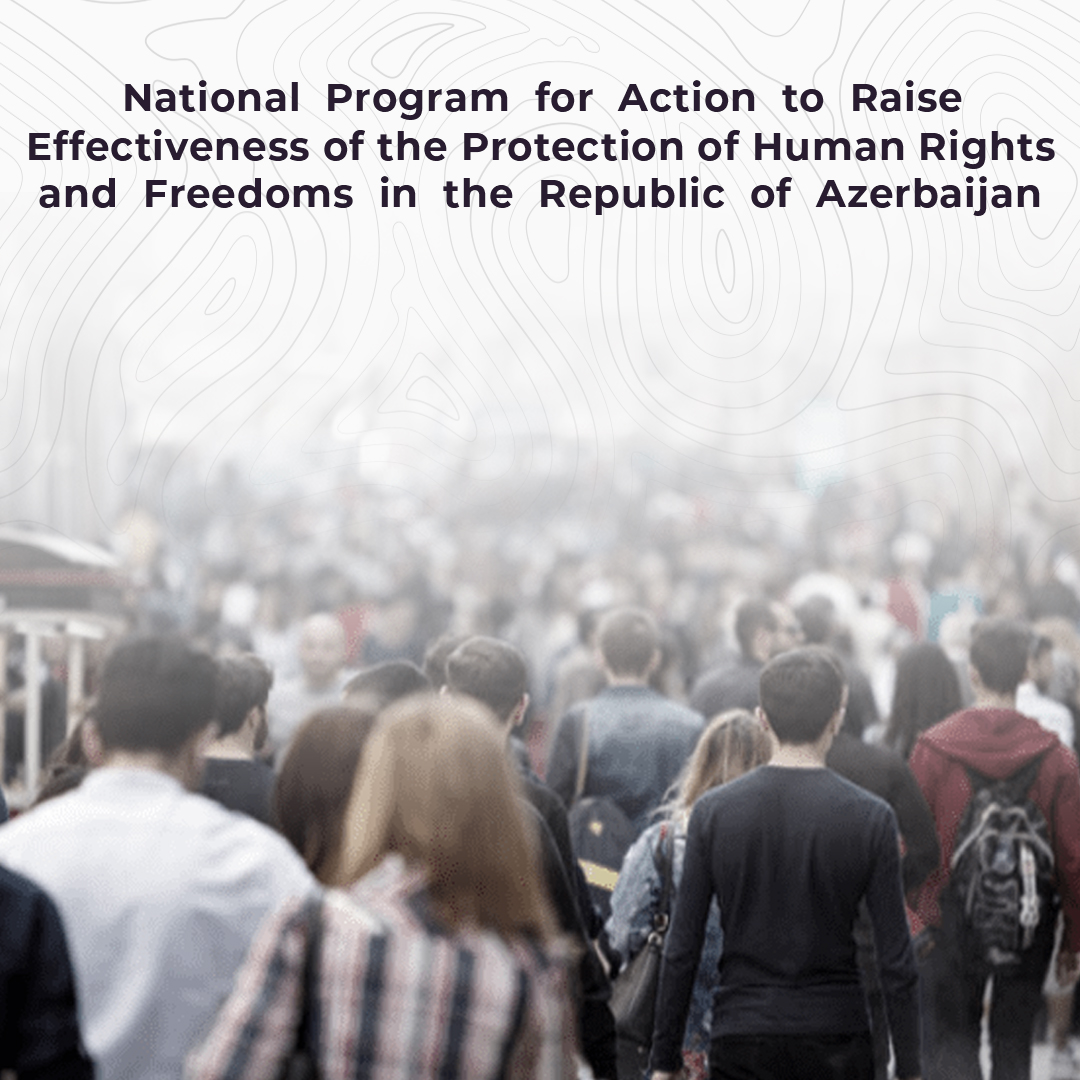
- Home page
- Commissioner
-
Activity Directions
- Mental Health and Human Rights
- Protection of the Rights of Population Groups
- Protection of the Right to Information
- Independent Monitoring Mechanism
- Legal Education
-
International Cooperation
- Cooperation with international organizations
- Cooperation with non-governmental organizations
- Study visits
- Projects
- Statements addressed to the international organizations
- “Ad hoc” reports
- Parallel and alternative reports submitted to the UN Treaty Bodies
- Oral and written statements submitted to the UN Human Rights Council
- Memorandums of cooperation
- Baku Declarations of Ombudspersons
- International Baku Forum
- Scientific Analytical Work
- Cooperation with Public and Civil Society Organizations
- Business and Human Rights
- National Preventive Mechanism Against Torture
- Protection of Human Rights
- Documents
- Media
- Live
- Contact
- Home page
- Commissioner
-
Activity Directions
- Mental Health and Human Rights
- Protection of the Rights of Population Groups
- Protection of the Right to Information
- Independent Monitoring Mechanism
- Legal Education
-
International Cooperation
- Cooperation with international organizations
- Cooperation with non-governmental organizations
- Study visits
- Projects
- Statements addressed to the international organizations
- “Ad hoc” reports
- Parallel and alternative reports submitted to the UN Treaty Bodies
- Oral and written statements submitted to the UN Human Rights Council
- Memorandums of cooperation
- Baku Declarations of Ombudspersons
- International Baku Forum
- Scientific Analytical Work
- Cooperation with Public and Civil Society Organizations
- Business and Human Rights
- National Preventive Mechanism Against Torture
- Protection of Human Rights
- Documents
- Media
- Live
- Contact
Call center
916
Representative of the Ombudsman of Azerbaijan took part at the 13th International Conference of NHRIs
Ombudsman’s staff member took part at the 13th International Conference of National Human Rights Institutions from 10-12 October 2018 in Morocco.
The conference was organized by the OHCHR, the National Alliance of Human Rights Organizations (GANHRI) and the National Human Rights Council on "Role of National Human Rights Institutions in Promoting and Protecting Human Rights Defenders in the Context of Civil Society Development and Women's Rights."
The conference sessions were attended by UN officials, Ombudsmen of foreign countries, representatives of National Human Rights Institutions and their organizations, international experts and made presentations. The Ombudsman was represented at the international conference by Head of the National Preventive Group, Rashid Rumzada.
The role of NHRIs in areas such as national policy and human rights, promotion of human rights awareness and positive experience, the protection of civil society and human rights defenders, gender perspectives and participation of non-governmental organizations, partnership and cooperation were among the main topics of the sessions and workshops.
Within the framework of the sessions, the seminars focused on the priorities of civil society and human rights defenders, gender perspectives, legal education and human rights education, and shared the experiences of the Ombudsman on R. Ramzada, as well as exchange views on new targets.
It was noted that on the initiative of the Ombudsman, the Commissioner for Human Rights has been involved in the analysis of the situation on the basic human rights issues in the country, the promotion of national legislation, the preparation of proposals for the implementation of international legal instruments, including various non-governmental organizations and independent experts, human rights defenders. The Independent Experts Council is an important contributor. This approach was the first in the country's experience and made a significant contribution to supporting the activities of NGOs, the creation of public councils of civil society, as well as creating a legal framework and public participation legislation.
In annual reports of the Ombudsman, proposals for the support of NGOs, women and civil society members, the establishment of an active network of women representing non-governmental organizations in line with the topic of the conference and their organization in support of gender equality; Sustainable Development Goals (MDGs), "Azerbaijan 2020: Vision for the Future" Development Concept, Study of Human Rights Practices and Recommendations in the "National Action Program on Enhancing Human Rights and Freedoms in the Republic of Azerbaijan" for this purpose, central and local executive government agencies, civil society institutions, and international organizations to support the process of co-ordination with them, and to organize wide public awareness work; Involvement of specialized NGOs in various sectors of the DIM working groups, continuation of joint monitoring and submission of proposals to the competent authorities on the results; Taking into consideration the UPR of Azerbaijan, as well as reports to the United Nations treaty bodies and alternative reports by civil society institutions, proposals on strengthening cooperation between state agencies in this area with international organizations and NGOs as well as public discussions are of this nature.
It should be noted that the Ombudsman Institution is an independent institution established under the Paris Principles as the National Human Rights Institute and uses the Ombudsman's mandate to protect human rights, protect the civilian environment, promote human rights and rule of law, and support civil society and open.
Measures taken in the country within the framework of the World Campaign for the Call for Response "Human Rights Protection!" By the UN High Commissioner for Human Rights on the initiative of Ombudsman E. Suleymanova are also important from the point of view of implementation of recommendations by international organizations.
During the visit, the sides exchanged views with the representatives of the Global Alliance of National Human Rights Institutions, the European Network of National Human Rights Institutions, as well as representatives of the National Human Rights Institutions in Europe, Asia and America, and cooperation on human rights issues.
- National preventive mechanism against torture
- Protection of the rights of population groups
- Protection of the rights of refugees, IDPs and migrants
- Protection of the rights of detainees and prisoners
- Protection of the rights of military servants
- Protection of women's rights and provision of gender equality
- Protection of child rights
- General
- Legal awareness
- Protection of the rights of older people
- Protection of the rights of persons with disabilities
- Cooperation with public and civil society
- National preventive mechanism against torture
- International cooperation
- Non-Governmental Organizations
- Public hearings
- Mass media
- Business and Human Rights
- Protection of the rights of martyrs' families and war veterans
- Protection of the rights of migrants
- Prevention of discrimination and ensuring equality
- Right to information
- Mental health
- .
-

- The Ombudsman participated in the International Conference on “Artificial Intelligence and Human Rights: Opportunities, Risks and Visions for a Better Future” in Qatar.
-

- The Ombudsman sent letter to UN High Commissioner for Refugees regarding protection of rights of persons deported from Armenia.
-

- A representative of the Ombudsman Office took part in an event organized by the Ministry of Energy.
-

- The Ombudsman’s representatives participated in the Pardon Decree Enforcement Ceremony.
-

- A series of legal awareness events were organized by the Ombudsman's Regional Centers.
-




